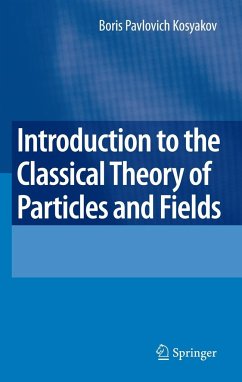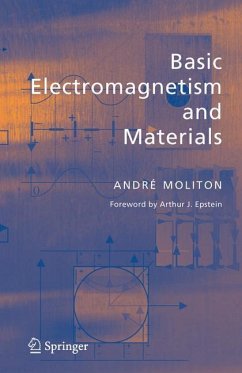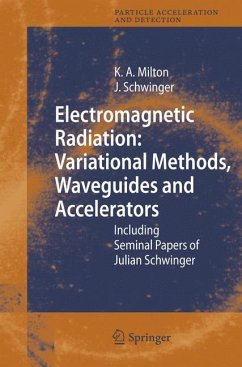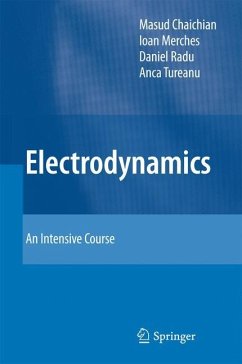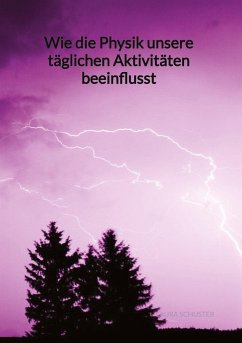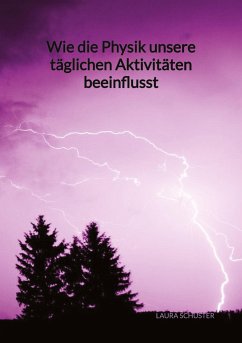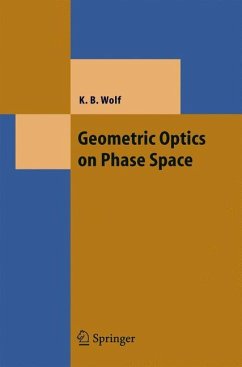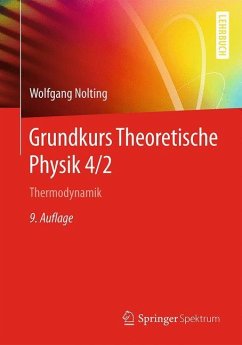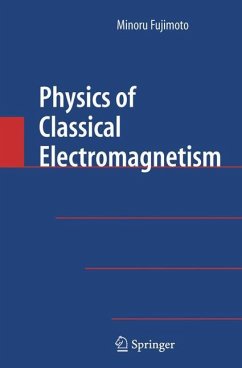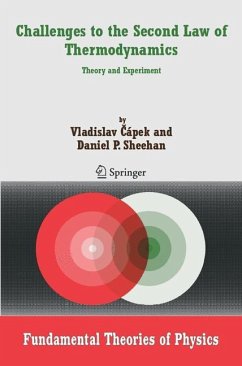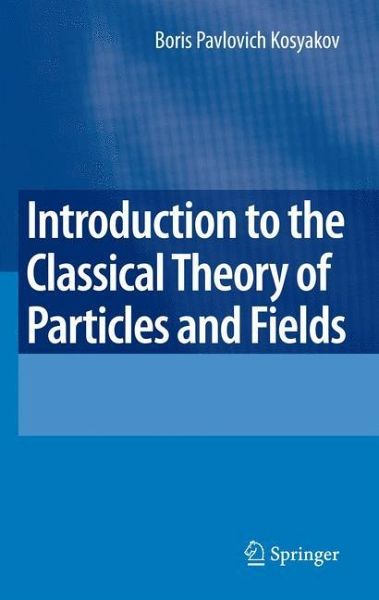
Introduction to the Classical Theory of Particles and Fields
Versandkostenfrei!
Versandfertig in 6-10 Tagen
117,99 €
inkl. MwSt.
Weitere Ausgaben:

PAYBACK Punkte
59 °P sammeln!
This volume is intended as a systematic introduction to gauge field theory for advanced undergraduate and graduate students in high energy physics. The discussion is restricted to the classical (non-quantum) theory in Minkowski spacetime. Particular attention has been given to conceptual aspects of field theory, accurate definitions of basic physical notions, and thorough analysis of exact solutions to the equations of motion for interacting systems.





